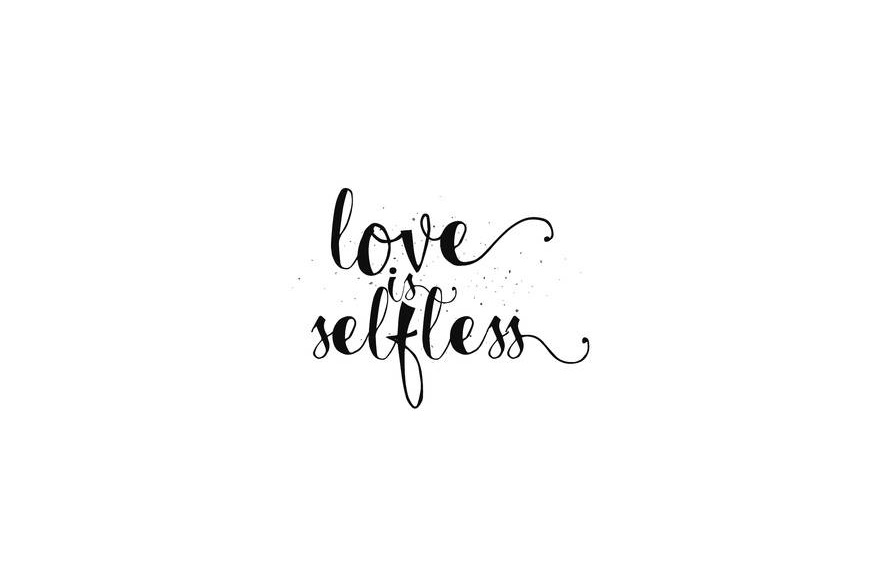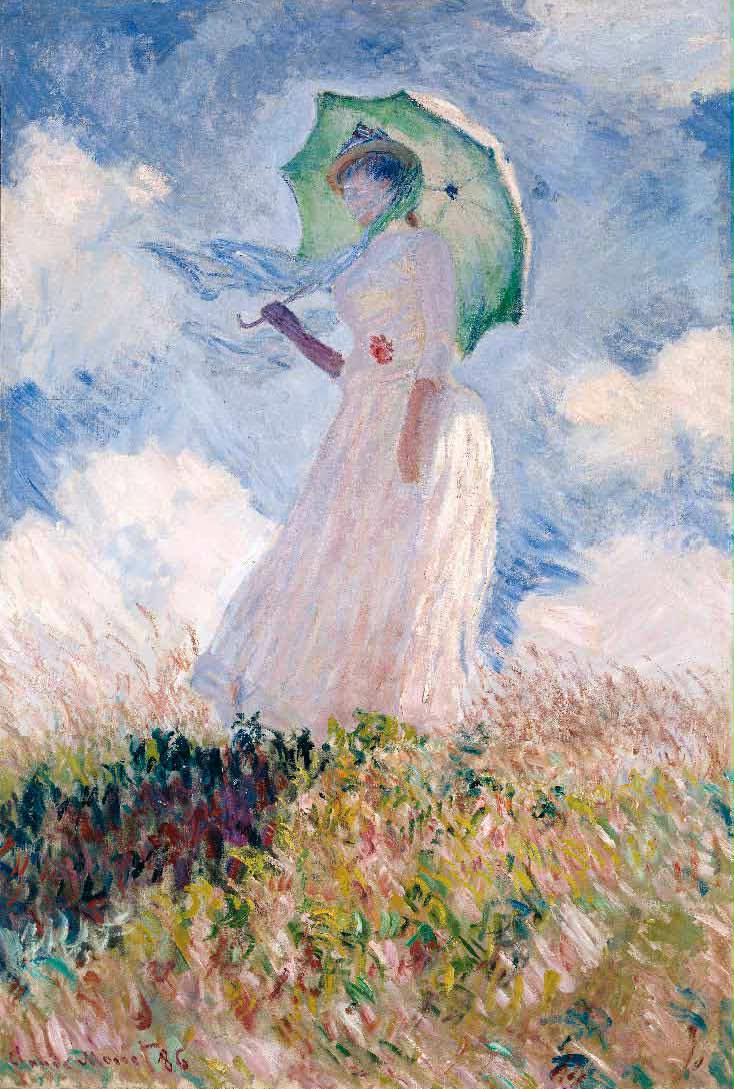يقولو ا حِب من قلبك و بقوة
يقولوا حِب و متخافش
يقولوا حِب بصدق
يقولوا حِب و دافع على حبك للخر
أما عمرهم ما قالولي وجيعة الحب مصعبها..
كي تحس قلبك قاعد يتحرق
كي تحس النفس عليك يتقطع
كي تحس روحك تحب تموت و ترتاح
كي تحس لي كل شي وفا
وفا بين نهار و ليل
لي عشناه الكل
لي تمنيناه الكل
لي حلمناه الكل..
كي تولي كل تركينة تتفكر بيها حكاية
كي يولي كل عبد يفكرك في ذكرى
كي تولي الدنيا تعذب فيك وين ما ادّور و متنجم تعمل شي
و ملي كان الحب قوة يولي ضعف
و ملي كنت الضو وليت الظلمه
ساعات نسأل روحي علاه هكا؟ أنا شعملت؟
شعملت بش يصير فيا هكا؟
بش العبد لي حبيتو دخلتو في حياتي عطيتوا ثيقتي يعمل فيا هكا؟
يدمرني و يقهرني و موش شويّة برشا زادا؟
لي العبد لي عشقتوا و تمنيت نكمل حياتي معاه يعفس على قلبي و يتعدا و يكمل حياتو؟
اما نعرف لي انا قوية
و نعرف لي بش نطفي النار لي في قلبي
و بش يجي نهار نتعدا هذا الكل
وبش تولي ذكرى في حياتي..
ذكرى خايبة برشا موش شوية
أما تعلمت منها برشا موش شوية
و كيما كنت تقول:
«We will sail off the earth and find out just how it works»
و انا نحب نقلك:
«I will sail off the earth and find out just how it works»




Share your thoughts